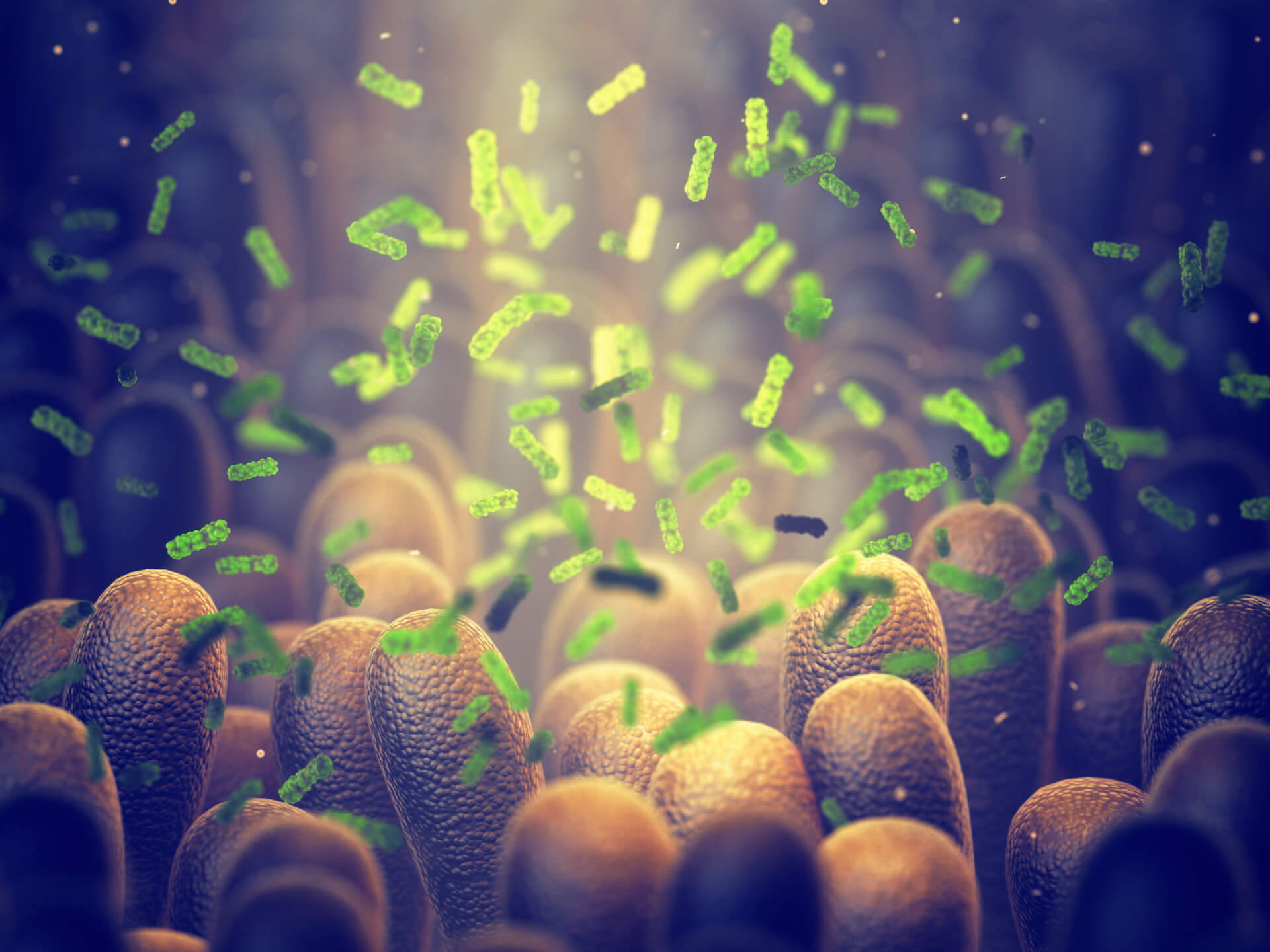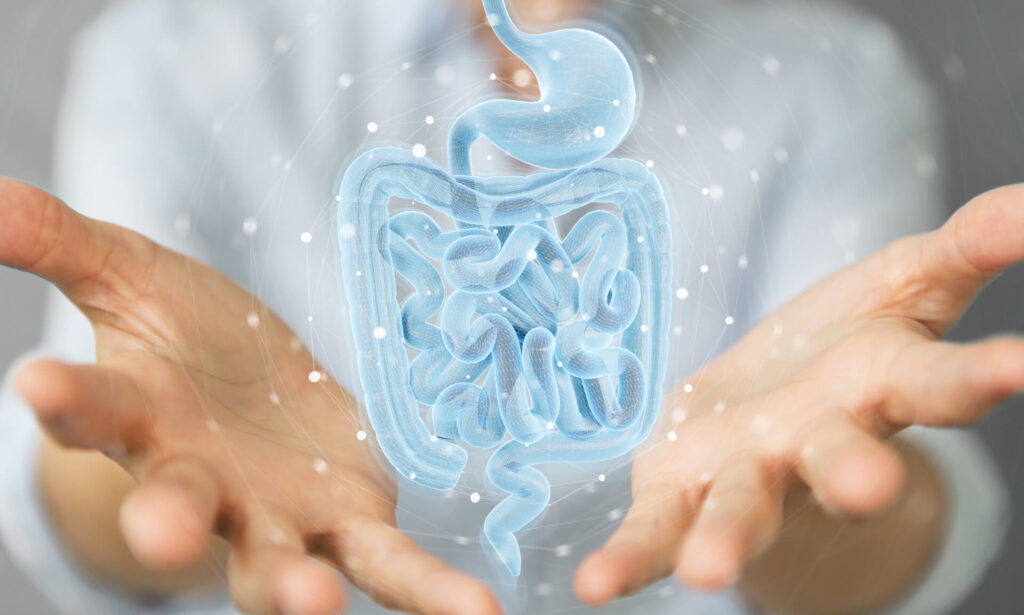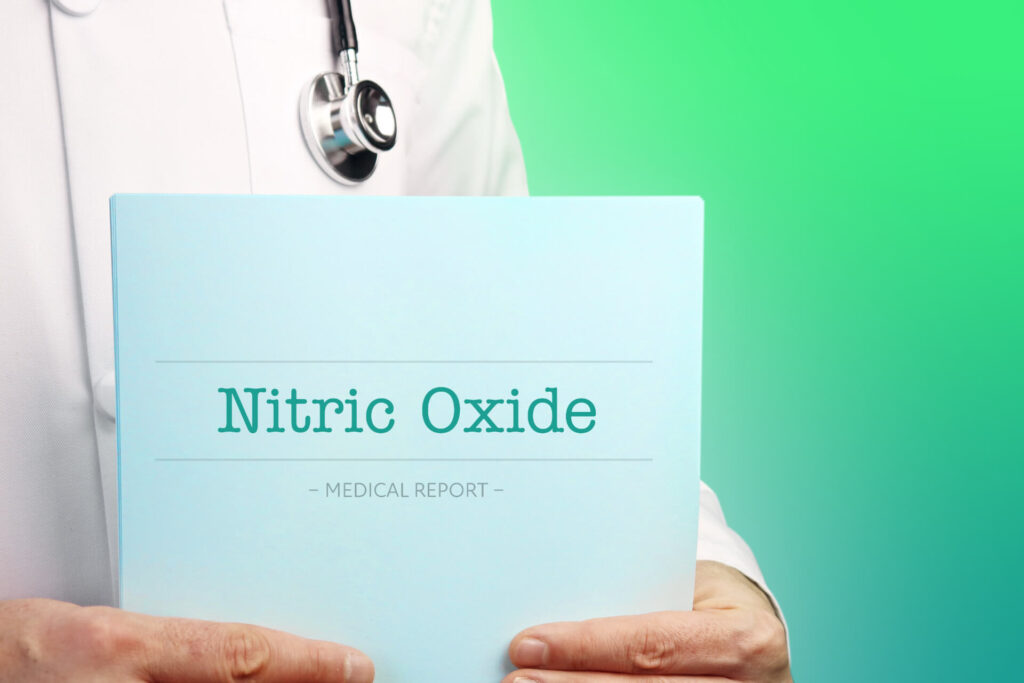In Paul Simon’s hit song, he describes 50 ways to leave your lover. With our western lifestyle causing our gut flora to leave us, we need to court our symbiotic friends to stick around. Have you found yourself wondering, why does my stomach hurt? Well, your gut flora may be to blame. There is mounting evidence that our gut flora has a significant influence on everything from our immune system to our mood and behavior. Let’s try to woo them back with a melodious parody of Simon’s famous song.
Lets get Started:
- Consider the Dangers of Using Antibacterial Products
- Be Mindful of Antibiotics and the Guts Microbiome
- Compare Complex vs Simple Carbs
- Embrace Kefir’s Benefits
- Learn to Love Playing in the Dirt
- Contemplate the Health Benefits of Pets
- Avoid Dangerous Food Additives
- Ask Yourself, are Supplements Worth It?
- Limit Foods With Saturated Fats
- Stop! Eating On The Go
- Assess the Benefits of Organic Food
- Debate Junk Food vs. Healthy Food
- Setup Your Baby’s Gut
- Research Microbiome Transplants
- Cultivate A Healthy Gut Microbiome
1. Consider the Dangers of Using Antibacterial Products
Stop being so clean Eileen
Ease up on your antibacterial soaps, cleaners, and clothes, and dial back on the Purell in every car and handbag. You might ask, why is antibacterial soap bad? It’s because the germs, the healthy ones, are our friends. There are more of them than there are human cells, in each of us. Discriminate friend from foe and, if your contact is more likely with the healthy ones, like those in organic soil, pesticide-free lawns, healthy humans, and healthy pets, then ease up on your need for extreme hygiene.
2. Be Mindful of Antibiotics and the Guts Microbiome
Try to be antibiotic-free Lee
Antibiotics are life-savers, but carpet bomb the good and bad bacteria. Get your doctor’s advice on whether it is safe to hold the antibiotics and give you or your child time to overcome an infection. If you do need antibiotics, chase them with a course of probiotics. Antibiotics in meat and dairy kill your healthy flora and self-select for antibiotic-resistant strains in your gut. Avoid them.
3. Compare Complex vs Simple Carbs
Eat more MACs Zack
MACs as in “microbial accessible carbohydrates”. All carbs are not created equal. There are simple carbs, with one sugar molecule, such as glucose and fructose, or two sugar molecules, such as lactose and sucrose. Easily digested, these carbs are rapidly absorbed into the bloodstream. Starch, the main carb found in pasta, potatoes, white rice, and bread, like simple carbs, is rapidly absorbed. One problem with eating these carbs, is they are absorbed long before they reach your starving flora. The other problem, their rapid absorption spikes your blood sugar. The high sugar triggers Insulin release to mop up the extra blood sugar and convert it into fat. Repeatedly spiking your sugar, by your carb choices, can lead to insulin depletion and decrease sensitivity to a sugar load. The dangerously high blood sugar levels now become chronic. You have developed diabetes! Conversely, microbial accessible carbs, such as those found in beans, lentils, vegetables, whole grains, and fruit, because of their complexity, are not broken down easily. They make it to your hungry flora and they do not spike your sugar. No insulin spiking, and, instead of your extra carbs making fat, your carbs feed your flora! Pretty amazing! We all have unique flora, with different food needs. Don’t get hung up on which specific Mac is best, just eat a variety and eat a lot!
4. Embrace Kefir’s Benefits
Make your own Kefir, Amir
Someone once asked me, is Kefir good for you? I said, just think of the bacteria in yogurt, kefir, and other probiotics as a bunch of transients passing through town. They don’t stick around, but as they pass through, they exchange information and possibly genetic material with your local bacterial residents. Not trusting these foreigners, your gut cells lock up any open spaces between them and fortify their walls by secreting mucus. It is a false alarm, these bacteria are friendly, but now, if a gang of marauding e.coli shows up, your defenses are fortified. Kefir typically has more bacterial variety than yogurt. Besides the huge cost advantage, your homemade probiotics are usually more potent, with more diversity, than the average commercial product. Remember, commercial products have to slow down the bacteria multiplying to buy them shelf life.
5. Learn to Love Playing in the Dirt
Eat a little dirt Kurt
I’m not suggesting you munch down on a handful of soil, but getting a little more intimate with it could have a positive impact on your health on multiple levels. Geophagia, the consumption of dirt, is widespread in the animal kingdom. Not surprising, considering that the average soil sample may have as much as three times the bacterial diversity as our own flora.
6. Contemplate the Health Benefits of Pets
Get yourself a pet, Jeanette
Fido’s big, drooling slurp across your child’s face just might be physically healthy. Children raised on a farm or with pets have a lower incidence of asthma, eczema, and allergies. Pets, like soil, provide another healthy source of microbe exposure. Of course, if Fido is sick, or on antibiotics, avoid germ sharing. There is mounting scientific evidence that exposure to environmental microbes such as those found in soil and pets, may protect us from autoimmune disease.
7. Avoid Dangerous Food Additives
Read every label Mabel
I presume you are going to the supermarket to buy food. If the list of ingredients contains a bunch of stuff that is not food, don’t buy it. The potential harm food additives have on our health is alarming. Food colorants and additives can damage our gut flora. Emulsifiers, found in most foods to prolong their shelf life, damage your gut flora, cause bowel inflammation, and may lead to over-eating. Common food emulsifiers include soy lecithin, mono and diglycerides, polysorbates, and sorbitan monostearate.
8. Ask Yourself, are Supplements Worth It?
Supplements aren’t necessary Jerry
They hurt your financial health, and when you think about it, how can a company guarantee that their product will have a certain amount and strain of various live bacteria by the time you buy it. There are too many variables in dealing with live cultures and not enough oversight in the supplement industry to make it worth their price. There are some exciting studies on the potential health benefits of certain bacterial cultures, but, unlike store-bought products, these strains are meticulously handled to control environmental factors.
9. Limit Foods With Saturated Fats
Curb your sat fat Pat.
Pathobionts (organisms that can cause harm under certain circumstances) flourish when you eat saturated animal fats. Pathobionts are bacteria that cause disease. Your diet self selects for bacteria that thrive on the food you are feeding them. The idea is to change your diet to self-select the good microbes.
10. Stop! Eating On The Go
Chill before you eat Pete
Eating on the go is like throwing a packaged pizza at your kids, then grabbing it back before they have had time to unwrap it. You are on the go, adrenaline is surging, bowels cramped up, digestive enzymes shut down, and blood flow is diverted from the gut to your muscles. All in preparation for fight or flight. But, if we sit, take a deep breath, acknowledge the delicious food in front of us, the “Rest and Digest” part of our autonomic nervous system takes over. Digestive enzymes start flowing, your bowels relax and your little friends are given time to eat.
11. Assess the Benefits of Organic Food
Eat organic Janet
Ideally yes. However, instead of going broke protecting our little critters from antibiotic-fed meat and pesticide-sprayed produce, learn which foods are more likely laced with pesticides and which are safer. EWG (Environmental Working Group), is an excellent resource. Every year they put out their Dirty Dozen and Clean Fifteen.
12. Debate Junk Food vs. Healthy Food
Don’t eat for your tongue Leung
Like a good parent, choose food that’s good for your flora, not what tastes good on your tongue. Eat what feels good, not what tastes good. Use your scale to find a balance that’s right for you and your microbiome. Happy flora, happy you.
13. Setup Your Baby’s Gut
Get a head start Eckart
Though not in our control, children born vaginally get a microbial head start by being exposed to their mother’s healthy vaginal flora. This may explain the higher incidence of obesity, allergies, and asthma in children born via C-section. Breastfeeding provides another huge head start to babies developing gut flora. Human milk oligosaccharides (HMO’s), the 3rd most abundant molecule in breast milk, after fat and lactose, cannot be digested by humans. They are not there to feed the baby, they are there to feed the developing gut flora and ensure that healthy bacteria take over the gut.
14. Research Microbiome Transplants
Give Microbes a New View, Sue
“Microbial makeover! Fecal transplants, or fecal microbiota transplantation (FMT)- yes, it is what it sounds like- replenish gut flora for digestive health and immune support. FMT’s have been used successfully for life-threatening diarrhea, such as from C. difficile and its use in inflammatory bowel disease and other gut issues is being explored.
15. Cultivate A Healthy Gut Microbiome
Hop on the bus Gus
Do you notice that, whether the topic is reducing heart disease, obesity, diabetes, cancer, depression, or feeding your gut flora, the same health advice keeps cropping up. When it comes to food, eat much more and a variety of, vegetables and fruits, legumes, whole grains, and lentils. Eat less simple carbs, less animal saturated fats, and less processed food. Forget about learning which vegetable or bean is better for what and focus instead on how to keep your diet as close to picking it off a bush. Eat local and wild, it’s better for you, your microbes, and the environment. Hop on the bus Gus, listen to Zack and eat a Big Mac (microbial accessible carbohydrates) diet.



